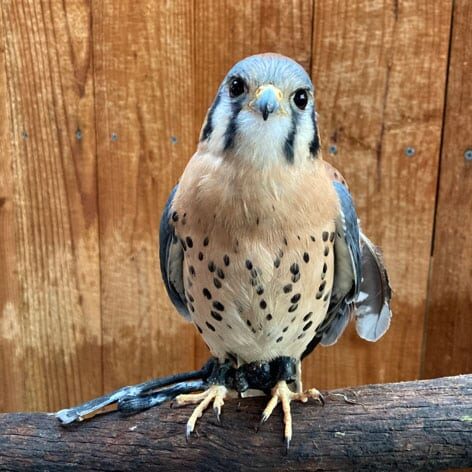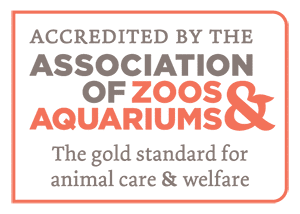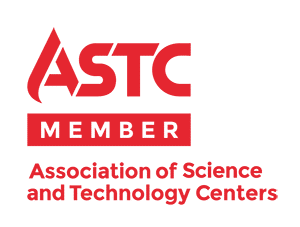Animals
American Kestrel

This animal is not on exhibit in the habitats.
It is one of our Animal Ambassadors and is used in public and school programs.
America Kestrel's History at CuriOdyssey
This bird came to CuriOdyssey in December 2022 from Lindsay Wildlife Experience. The kestrel was found near a road in 2020, suspected to have been hit by a car. He showed neurological symptoms and was missing flight feathers on his left wing that failed to grow back.
Birth Date
Hatch date unknown; estimated spring/summer 2020
Fun Facts about American Kestrels
Kestrels are cavity nesters, using old tree nesting holes, hollows in trees or cactuses, a hole in a cliff, small spaces in buildings, and artificial bird boxes.
When alarmed, kestrels will utter a loud, rapid klee-klee-klee or killy-killy-killy.
The long narrow wings of kestrels give them speed; they are not meant for soaring. In flight, they can reach speeds of 35-63 km/h (22-29 mi/h).
What do Kestrels eat?
The kestrel's diet in the wild comprises insects, small mammals, birds, lizards, snakes, and frogs. At CuriOdyssey, the kestrel is served mouse, rat, chick, quail, rabbit, and insects.
How long do Kestrels live?
In the wild: 1-3 years on average.
Under human care: 10-15 years on average. The oldest recorded life span was 19 years.
Where do Kestrels live?
Kestrels can be found along borders of woodlands, open fields, pastures with scattered trees, highways, arid plains and deserts, and wooded canyons. They range in North America from southern Canada to central Mexico, and down through South America as far as Tierra Del Fuego.
Are American Kestrels endangered?
No special wildlife conservation status, although populations in the southeastern US have been in severe decline since the mid-1900s due to habitat loss and destruction, as well as pesticides; listed as threatened in Florida.
SPONSOR AN ANIMAL
Help provide for the care and feeding of our wildlife guests by sponsoring an animal of your choice for a year.
Join the CuriOdyssey Community
LOCATION
1651 Coyote Point Drive
San Mateo, CA 94401
Ohlone Land Acknowledgement
650-342-7755
info@curiodyssey.org
CuriOdyssey is a 501(c)(3) non-profit, Tax ID 94-1262434

